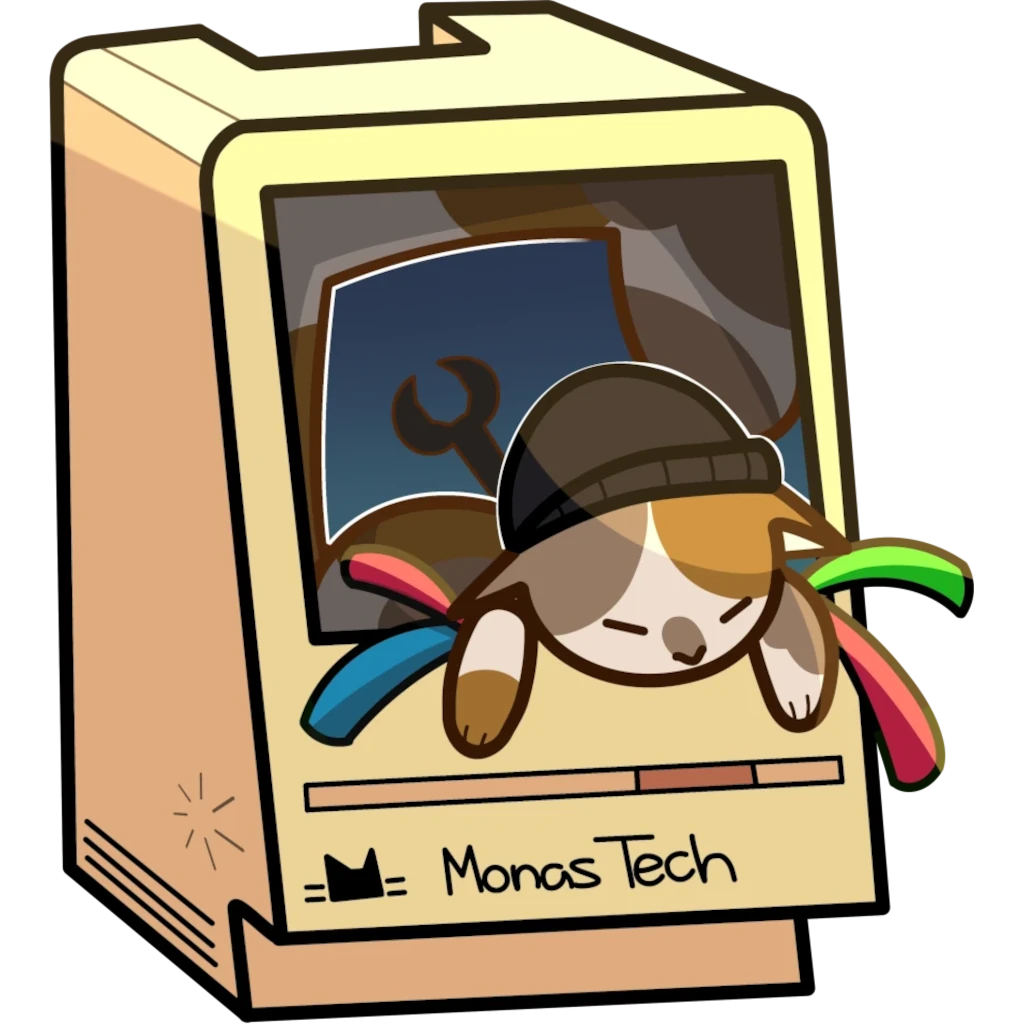
Welcome to MonasTech, where we help make technology in the world, not of the world.
We specialize in the assembly of custom operating systems in order to provide a more stable, secure, fast and free computing experience.
If you're frustrated with using Windows or MacOS but don't know what your other options are, we can give you an alternative that perfectly fits your practical needs and personal preferences.
Check out the FAQ for more information.
Recent Articles
How your computer can change you without consent - January 06, 2026
Technical Roadmap - December 19, 2025
New Phone Number + Official Service List - November 28, 2025
Refreshed Website - October 15, 2025
New Artwork! - October 14, 2025